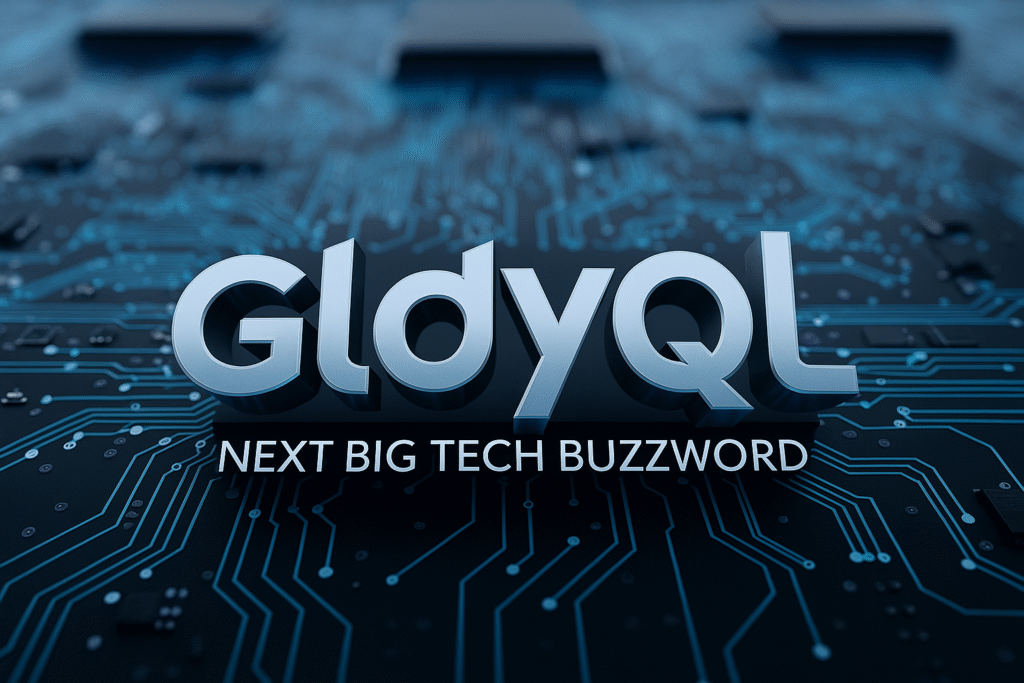DGH A: The Modern Backbone of Intelligent Data Governance
As the world advances towards a time where data is the single most important asset to have, DGH A is silently becoming a powerhouse working in the backdrop of every single big industry. There is not much difference between working in the field of tech, banking, education and healthcare; chances are that your operations depend on using some form of structured data management, this is where DGH A comes in.
But what is this? So what is it that is having business executives on both sides of the Atlantic sitting up and paying attention to CIOs and cyber security experts on both sides of the Atlantic? Let`s make it more sensible, shall we?
What and Why DGH A?
DGH A to be exact- Data Governance Hub Architecture in its essence is a comprehensive architecture that intends to control, safeguard and improve the movement of information throughout a company. It is the brain of the information network of your company in a way: every bit of data in your network knows where to go, and to whom as well as how to be stored and processed.
DGH A is an integration-enabled system compared to old-school systems that had data siloed by department. It unifies all your data points whether it is cloud-based, on-premises or third-party into one place to improve visibility, security and control.
The operations of DGH A can no longer be an option to businesses in both UK and US as the sectors of commerce in the two countries are going through increasingly strict regulation. It is the basics to remain compliant, functional and futuristic.
How DGH A Transforms Key Industries
What makes DGH A so powerful is its adaptability. From healthcare to finance, its architecture allows organisations to tailor data governance systems to their specific needs—without reinventing the wheel.
DGH A in the Healthcare Sector
Patient data is highly confidential and in hospitals and clinics it has to be taken very carefully. The DGH A assists medical institutions in not only securely storing this data, but making it accessible in real-time by physicians and medical personnel. As the digitalisation of health solutions and distant care services becomes ubiquitous, medically related confidential information has never been more essential to secure in one centralised area.
DGH A in Financial Services
Banking systems deal with a mind-boggling amount of personal and transactional data. DGH A empowers financial institutions to tighten fraud controls, speed up audits, and maintain complete transparency across reporting structures. For banks in both the City of London and Wall Street, that’s a game-changer.
DGH A in the Education Sector
From student records to research data, universities and schools generate huge datasets. DGH A ensures that data stays protected, remains accessible to authorised personnel, and aligns with data protection laws like GDPR and FERPA.
DGH A in Tech and Cloud-Based Enterprises
For software companies, tech startups, and cloud service providers, DGH A can streamline how user data is processed, transferred, and safeguarded. It’s no longer about just having “big data”—it’s about having governed data.
Key Benefits of Embracing DGH A
Let’s face it: implementing any system takes time and money. But when it comes to DGH A, the payoff is more than worth it. Here’s why:
Data Quality You Can Trust
Under good management, duplication of information, wrong data and incons constitution is significantly minimized. That will translate into improved analytics, more intelligent business decision-making and fewer headaches all around.
Integrated Security Systems
DGH A frameworks typically include built-in encryption, access management, and monitoring tools—ensuring your data is shielded from both internal misuse and external threats.
Operational Efficiency
Centralisation of data access means that employees will not waste time in seeking the appropriate files and instead concentrate on getting some work done. And if you’ve ever been buried in messy spreadsheets, you’ll appreciate this.
Cost Savings Over Time
Yes, setting up DGH A can cost you upfront. However, when you look at the money it costs to fix any data breaches, regulatory fines and the time wasted on fixing data related problems, it will be a substantial amount of money saved in the long run.
Common Challenges When Deploying DGH A
Of course, no system is perfect. Even with all its advantages, DGH A isn’t plug-and-play.
A couple of road blocks can be expected by businesses:
Technical complexity: You are most likely going to require one (or more) expert to deploy the architecture to work properly.
Change Resistance: The employees could have objections against converting to legacy systems or a non-automated process.
Original Cost: The first cost of buying the required hardware, software and talent can be a limitation- particularly to SMEs.
Compliance Confusion: As laws vary in the UK, EU and the US, it is easy to get confused in trying to align your governance model to all the requirements.
The positive? All of these obstacles can be overcome through an appropriate plan and commitment of stakeholders.
Best Practices for Rolling Out DGH A Successfully
Thinking about integrating DGH A into your organisation? Here’s how to do it without pulling your hair out:
1. Start With a Data Audit
The first step is to assess what you have already in terms of data. What is it you are collecting? In what storage? Who is entitled? This will enable the department to discover weaknesses and the areas that need attention.
2. Bring Everyone to the Table
The governance of data is not simply the work of the IT. Incorporate heads of departments, legal department, compliance officers and even customer service. The less you are a singleton in implementation, the better your outcome.
3. Emphasis on Easy to Use Tools
Select a DGH A user-friendly system. It has to be complex enough that your staff avoid it or misuse it both of which is counterproductive.
4. Train, Test, Repeat
Training is not planned to be a once in-a-lifetime event. Make it continuous and in quarterly refresher. And, regularly challenge your governance systems using reality to stress them, and to make sure they are performing well.
5. Monitor And Adapt
Governance does not have to be still. Be in touch with the finger on the pulse. Whether it’s new compliance laws or tech upgrades, DGH A should evolve with your business.
DGH A and the Future of Data Strategy
Looking ahead, DGH A will only grow in importance. The fact is that as the sphere of Artificial Intelligence and automation is increasingly integrated in the everyday business activity, the requirement of clean, safe, and secure data becomes entirely indispensable.
We have already observed how DGH A frameworks are being complemented with predictive analytics, blockchain solutions, and AI powered auditing tools. It ceases to be keeping up, and becomes leading the curve.
Investing in DGH A today can be instrumental whether you are a startup with the ambition to grow or a fortune 500 company that needs to stay ahead.
Final Thoughts: The reason to pay attention to DGH A
Within the digital economy, data is your oxygen and DGH A is how you keep it safe and how you get the most out of it. It is not only a trend or a buzzword but a viable way of the contemporary data management providing realistic ROI.
With the help of sorting your information, locking up the sensitive one, and minimising access, DGH A does not only make your business more efficient but also resilient in terms of its minimised future disturbances.



